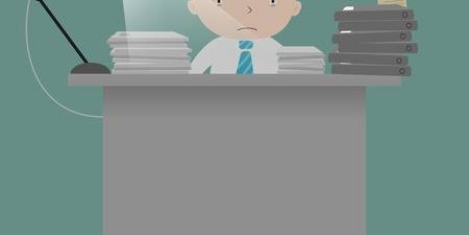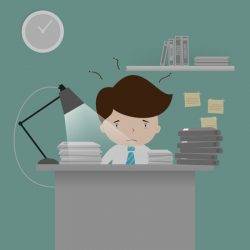November 26, 2016
The workplace puzzle + Feeling blue about work + Commuting more than ever 0
 In this week’s Newsletter; Ian Ellison says there are no silver bullets for workspace design, but it’s worth the effort; Justin Miller explores the workplace implications of seasonal affective disorder (SAD); and Jeff Flanagan explains why workplace design and management teams should look towards consumer-facing industries for inspiration. Asia set to lead the world in the uptake of artificial intelligence in the workplace; Staples announces tomorrow’s workplace design winners; and UK Government to invest properly in the next generation of technological infrastructure. One in seven UK employees now commute over two hours each day; Millennials reject the gig economy; Autumn statement could adversely affect London’s tech firms; and global report finds that flexible working is a necessity for younger workers. Download our new Briefing, produced in partnership with Boss Design on the link between culture and workplace strategy and design; visit our new events page, follow us on Twitter and join our LinkedIn Group to discuss these and other stories.
In this week’s Newsletter; Ian Ellison says there are no silver bullets for workspace design, but it’s worth the effort; Justin Miller explores the workplace implications of seasonal affective disorder (SAD); and Jeff Flanagan explains why workplace design and management teams should look towards consumer-facing industries for inspiration. Asia set to lead the world in the uptake of artificial intelligence in the workplace; Staples announces tomorrow’s workplace design winners; and UK Government to invest properly in the next generation of technological infrastructure. One in seven UK employees now commute over two hours each day; Millennials reject the gig economy; Autumn statement could adversely affect London’s tech firms; and global report finds that flexible working is a necessity for younger workers. Download our new Briefing, produced in partnership with Boss Design on the link between culture and workplace strategy and design; visit our new events page, follow us on Twitter and join our LinkedIn Group to discuss these and other stories.






































November 4, 2016
Lack of flexible working a major reason for junior staff’s discontent 0
by Sara Bean • Comment, Facilities management, Flexible working, News, Wellbeing, Workplace
More →